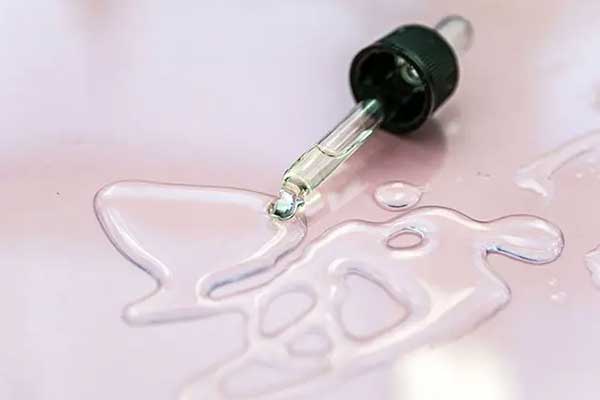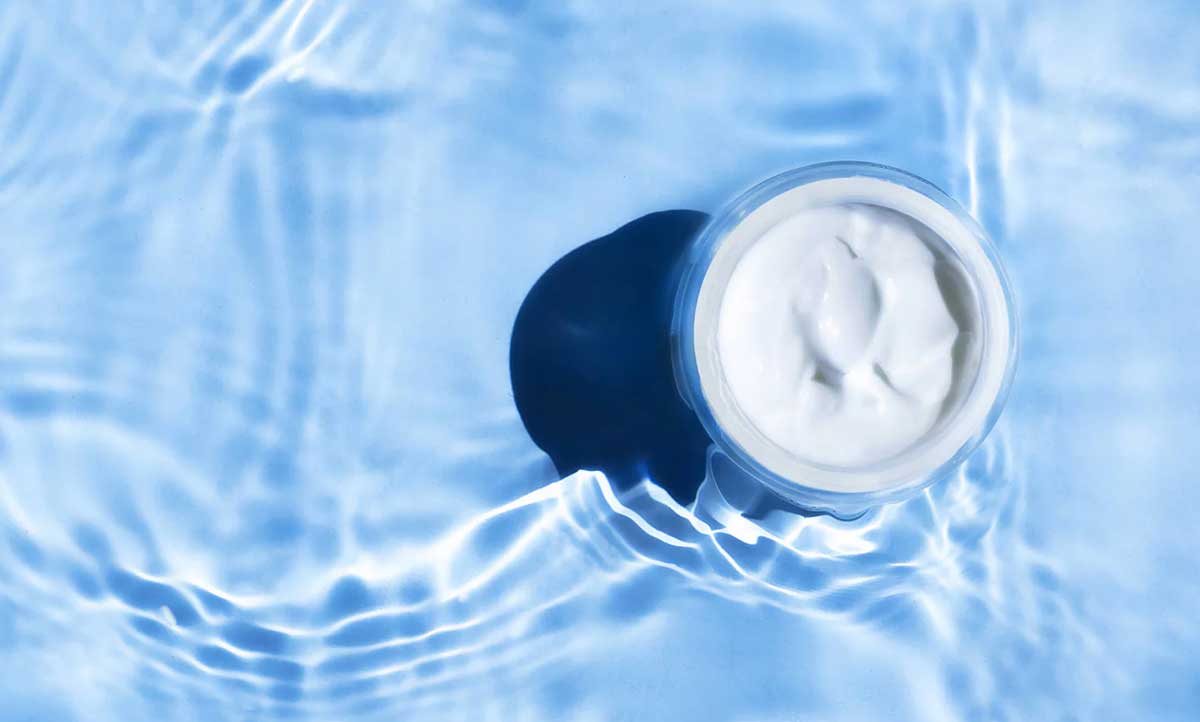
In skincare ingredients, glycerin is undoubtedly a long-standing star. With a rich history, it has become an indispensable core ingredient in many skincare products thanks to its exceptional moisturizing and hydration-locking capabilities. Glycerin not only instantly leaves the skin feeling hydrated but is also crucial for protecting the skin's healthy barrier and aiding in repair. However, this seemingly versatile ingredient—do you truly understand all its benefits, potential issues, and how to choose and use it properly? Let’s delve into the various aspects of glycerin-based skincare.

Glycerin's high status in the skincare world stems from its exceptional ability to absorb and retain moisture. Like a tiny magnet, it attracts moisture from the surrounding environment (such as the air or deep within the skin) and locks it firmly onto the skin's surface, hydrating it. Dermatologists have summarized the following key benefits of glycerin for the skin:
Glycerin is a classic water-attracting moisturizing ingredient. Its structure easily captures water molecules. When applied to the skin, glycerin helps transport moisture from deeper layers of the skin and the air to the outer layers, particularly the stratum corneum. Dermatologists have found that this process effectively increases skin hydration, reduces water loss, and significantly combats dryness. Many people with dry skin report that the tightness and flaking sensations experienced by using moisturizers containing glycerin quickly improve.
A healthy skin barrier is crucial for resisting external irritants and preventing moisture loss. Studies have shown that glycerin plays a significant role in maintaining the integrity of this barrier. It fills the gaps between skin cells, forming a protective film that reduces the risk of damage and helps restore damaged skin.
In addition to moisturizing, glycerin has the potential to promote wound healing. Experts point out that it provides a moist environment for injured skin, which is important for cell growth and repair. Glycerin also has anti-inflammatory properties, soothing redness and itchiness.
Regular use of glycerin can make skin appear smoother and more refined. This is because it hydrates skin cells, making them appear brighter and more plump. While glycerin itself isn't a specific anti-aging ingredient, its powerful moisturizing properties help maintain skin's elasticity and plumpness, minimizing the appearance of fine lines and wrinkles.
Glycerin is very gentle and unlikely to cause irritation or allergies, making it suitable for almost all skin types, including sensitive, dry, oily, and even acne-prone skin. It's a naturally occurring component in the skin and mimics the skin's natural moisturizing factor, making it particularly skin-friendly.
Although glycerin has many benefits, it can be a little troublesome if used incorrectly or under certain circumstances. Knowing these precautions will make it safer and more effective to use.

In a very small number of people with extremely sensitive skin, when using glycerin or high-concentration glycerin products for the first time, you may feel a slight stinging, redness, itching, or burning sensation. This is usually the skin adapting to the new product.
If the feeling becomes more severe or persists, dermatologists recommend stopping use immediately and consulting a doctor. Although rare, glycerin can also cause allergic reactions such as contact dermatitis .
Glycerin is a water absorber, and its ability to moisturize depends on absorbing water from the environment. If the air is extremely dry (humidity is less than 60%), if you use pure glycerin or a very high concentration of glycerin (for example, more than 30%) directly, experts warn that glycerin may not absorb enough moisture from the air. Instead, it will "steal" water from the deeper layers of the skin, resulting in drier skin and even small blisters .
Therefore, in dry areas, be sure to dilute glycerin before use, or choose skin care products that have other moisture-locking ingredients in their formula to lock in moisture.
For people with oily skin or those prone to acne, products with too high a concentration of glycerin may make the skin feel heavy, clog pores, and make acne problems worse. Although glycerin itself does not directly cause acne, its thick texture and high concentration may not be suitable for all skin types. For this type of skin, it is best to choose skin care products that contain glycerin but have a refreshing texture and a balanced formula.
There are many glycerin products on the market, from pure glycerin to various skin care products containing glycerin. How do you choose the one that suits you best?

Vegetable Glycerin is the most commonly used and recommended ingredient in skincare products. It is mainly extracted from vegetable oils (such as soybean oil, coconut oil, and palm oil). It is highly pure, mild in nature, and has little irritation to the skin.
If you see "Glycerin" or "Vegetable Glycerin" on the ingredient list of a skincare product, it is usually this. It is suitable for most skin types and can also be used on sensitive skin [9].
Pharmaceutical grade glycerin is purer and reaches pharmaceutical grade, so the concentration is relatively higher. Although high purity sounds good, as mentioned earlier, high concentrations of pure glycerin may dehydrate the skin in extremely dry environments.
Therefore, experts generally do not recommend using pharmaceutical grade glycerin directly for daily skincare unless a professional guides you to dilute it. It is more commonly used in medicine or as a laboratory raw material.
For most people, the safest and most worry-free way is to buy ready-made skincare products containing glycerin directly. Almost all moisturizing products, such as toners, serums, lotions, creams, and masks, may contain glycerin.
The concentration of glycerin in these products is scientifically formulated, and it works together with other moisturizing, emollient, and water-locking ingredients to achieve the best moisturizing effect while reducing the risk of irritation.
Glycerin, as a highly effective, gentle, and versatile moisturizing ingredient, plays an indispensable role in skincare. It is widely used by skincare manufacturers in their formulations due to its ability to deeply moisturize, strengthen the skin barrier, promote healing, and improve skin texture.
However, proper usage and awareness of potential side effects are equally important, especially in extremely dry environments or for those with specific skin types. By choosing pre-made skincare products containing the appropriate amount of glycerin, or by diluting pure glycerin under professional guidance, we can fully utilize its powerful properties to provide long-lasting hydration and healthy-looking skin.

